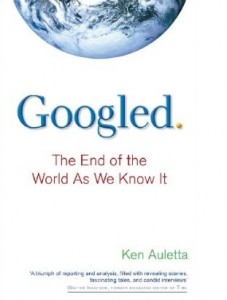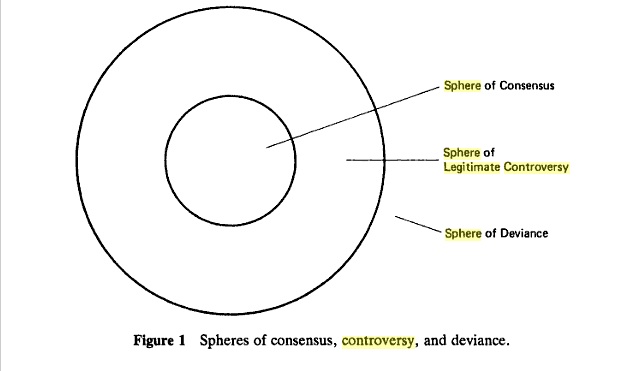In his NYT column today, Paul Krugman remembers that when he started writing for the public prints he entertained the idea that serious people in public life were prepared to have their views changed by reasoned argument. The current US Congress has cured him of that illustion:
Talk to conservatives about the financial crisis and you enter an alternative, bizarro universe in which government bureaucrats, not greedy bankers, caused the meltdown. It’s a universe in which government-sponsored lending agencies triggered the crisis, even though private lenders actually made the vast majority of subprime loans. It’s a universe in which regulators coerced bankers into making loans to unqualified borrowers, even though only one of the top 25 subprime lenders was subject to the regulations in question.
Oh, and conservatives simply ignore the catastrophe in commercial real estate: in their universe the only bad loans were those made to poor people and members of minority groups, because bad loans to developers of shopping malls and office towers don’t fit the narrative.
In part, the prevalence of this narrative reflects the principle enunciated by Upton Sinclair: “It is difficult to get a man to understand something when his salary depends on his not understanding it.” As Democrats have pointed out, three days before the House vote on banking reform Republican leaders met with more than 100 financial-industry lobbyists to coordinate strategies. But it also reflects the extent to which the modern Republican Party is committed to a bankrupt ideology, one that won’t let it face up to the reality of what happened to the U.S. economy.
So it’s up to the Democrats — and more specifically, since the House has passed its bill, it’s up to “centrist” Democrats in the Senate. Are they willing to learn something from the disaster that has overtaken the U.S. economy, and get behind financial reform?
Which neatly brings us to Michael Tomasky’s sobering column about how dysfunctional Congress has become.
Watching American politics through British eyes, you must be utterly mystified as to why Barack Obama hasn’t gotten this healthcare bill passed yet. Many Americans are too. The instinctive reflex is to blame Obama. He must be doing something wrong. Maybe he is doing a thing or two wrong. But the main thing is that America’s political system is broken.
How did this happen? Two main factors made it so. The first is the super-majority requirement to end debate in the Senate. The second is the near-unanimous obstinacy of the Republican opposition. They have made important legislative work all but impossible.
The super-majority requirement – 60 votes, or three-fifths of the Senate, to end debate and move to a vote on final passage – has been around since the 19th century. But it’s only in the last 10 to 15 years that it has been invoked routinely. Back in Lyndon Johnson’s day – a meaningful comparison since American liberals are always wondering why Obama can’t be “tough” like Johnson – the requirement was reserved for only the most hot-button issues (usually having to do with race). Everything else needed only 51 votes to pass, a regular majority.
Both parties have contributed to this problem. But guess which has contributed more? In 2007, when they became the minority party for the first time in five years, the Republicans invoked the super-majority measure 60 times, an all-time record for a single year.
And Obama’s problems are not limited to Republicans, of course. Think of it this way: in a 100-seat body, getting 51 votes is hard but not impossible. But getting those 57th, 58th, 59th and 60th votes to end debate … Well, the situation gives those senators incredible bargaining power. They can basically dictate terms in exchange for their votes. Which is exactly what senators Ben Nelson (Democrat of Nebraska), Joe Lieberman (independent of Connecticut), Olympia Snowe (Republican of Maine) and others have been doing publicly for weeks. A sharp friend has mordantly taken to referring to them as “President Nelson”, “President Lieberman” and “President Snowe” in emails. My friend is not exaggerating. With regard to the final content of the Senate bill, each has more power than Obama.
And the result: a huge, rich, smart nation that can’t fix even its most pressing problems. Or, in Tomasky’s words, “a distended nightmarish version of what the founders wanted. We’ve got a Congress that can not only stand up to the executive branch but can (at least on domestic matters) dictate terms to it. And we have a minority that has the power to stop the majority from doing much of anything”.
And the depressing thing is that there’s nothing Obama can do about it.
.
and was struck by something that Aaron Schwartz has written about it.






